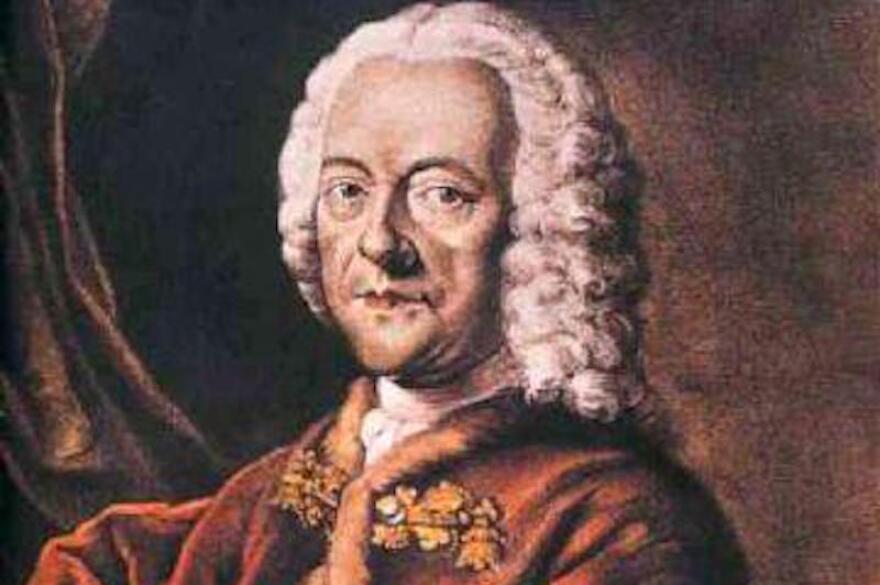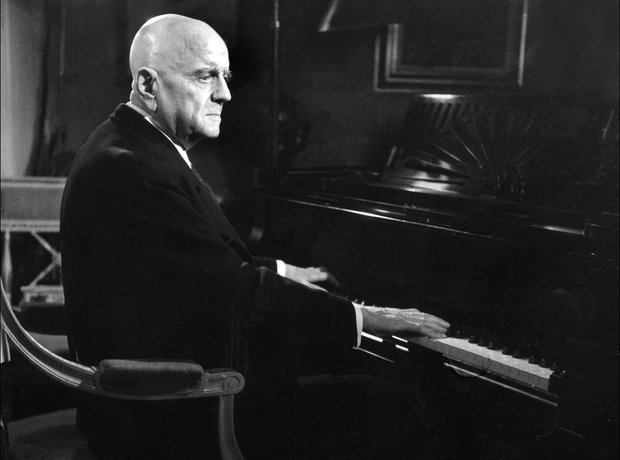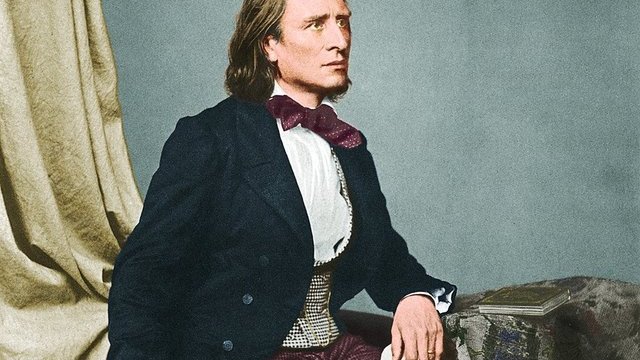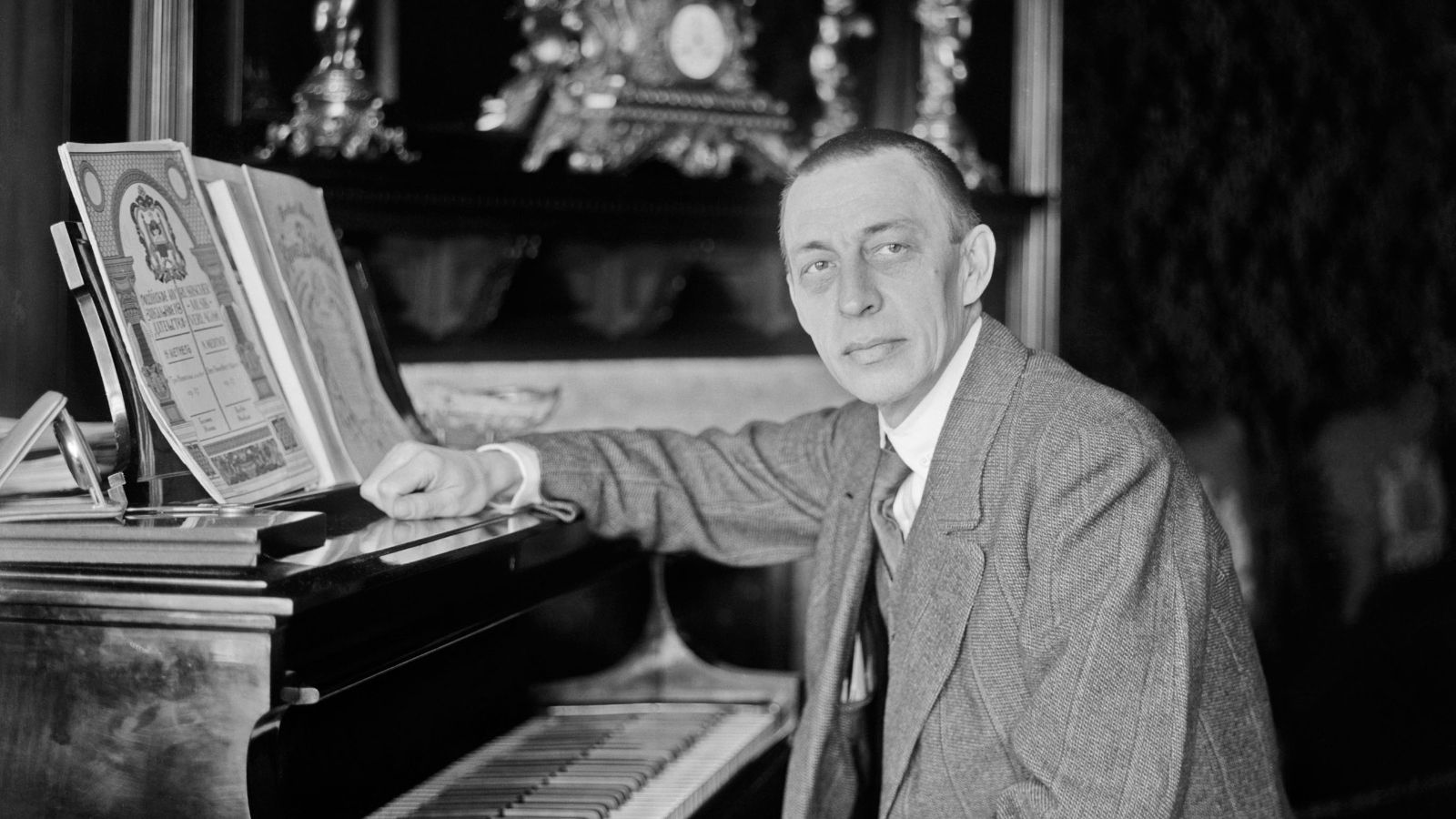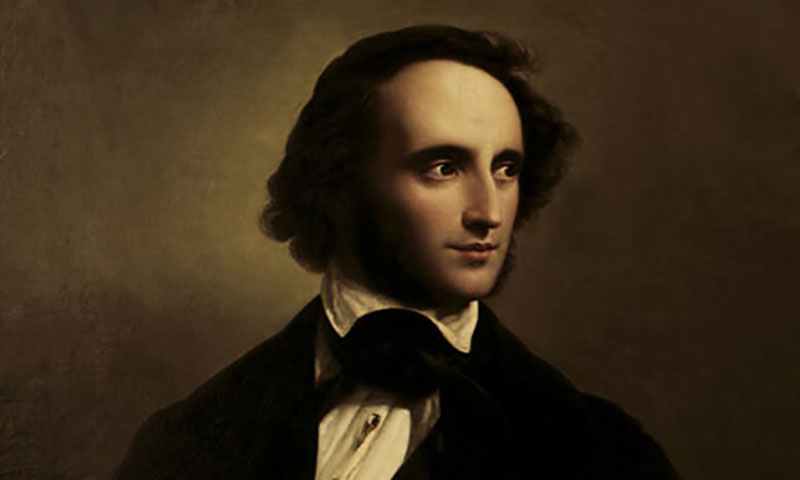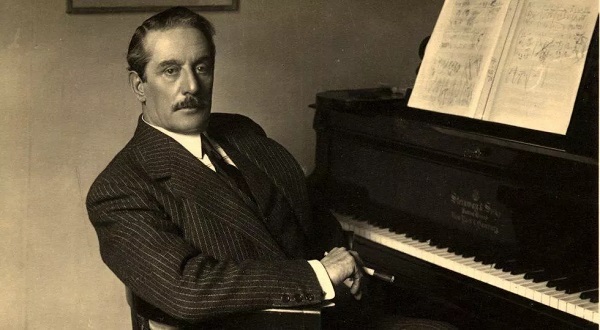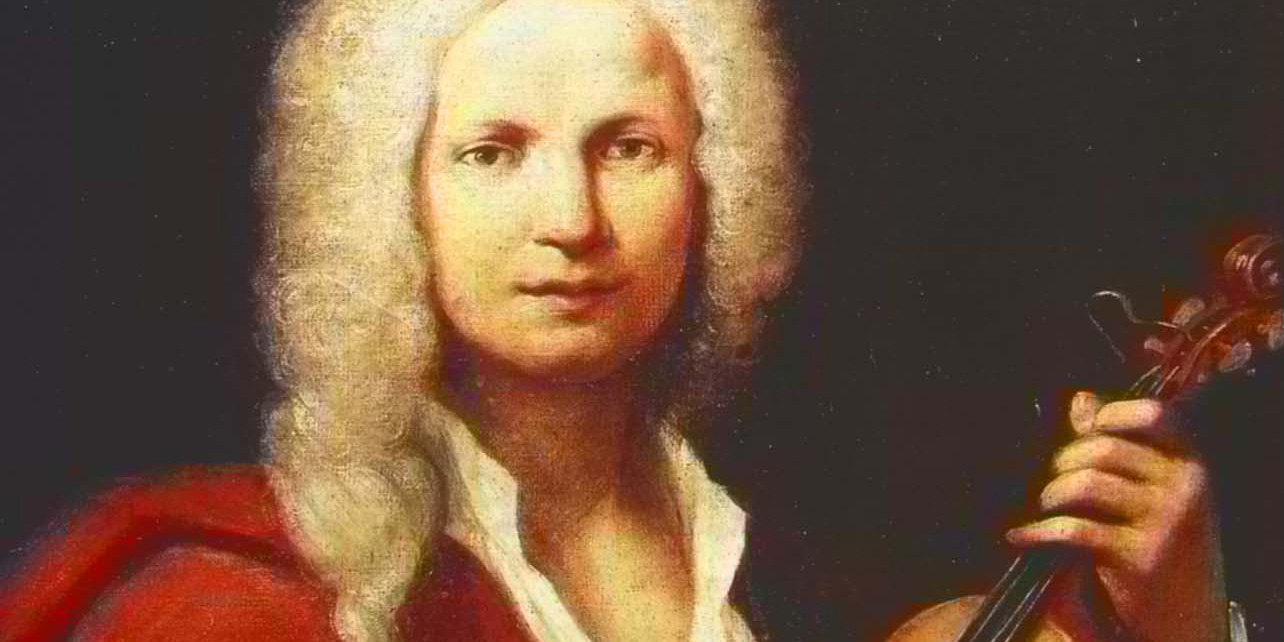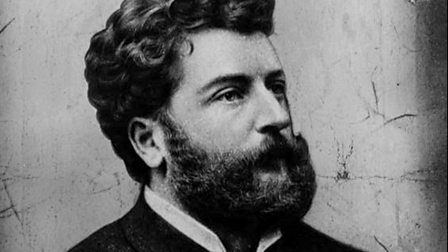Jean Sibelius, Finland’s most celebrated composer, has left an indelible mark on the world of classical music. His works, characterized by their nationalistic fervor and profound emotional depth, continue to inspire and captivate audiences. Here, we explore ten of his most remarkable compositions that showcase his genius and enduring legacy.
Franz Liszt, the legendary 19th-century composer, and virtuoso pianist, revolutionized piano music with his technical brilliance and innovative compositions. His works span a wide range of styles and forms, showcasing his extraordinary creativity and profound musical insight. Here are ten of his most celebrated compositions.
Sergei Rachmaninoff, one of the last great representatives of Romanticism in Russian classical music, was a virtuoso pianist and a prolific composer. His works are known for their emotional depth, lyrical melodies, and technical demands. Here are ten of Rachmaninoff's best compositions that showcase his genius and enduring legacy.
Felix Mendelssohn Bartholdy, a prodigious talent of the Romantic era, left an indelible mark on the world of classical music. His compositions, characterized by lyrical melodies, brilliant orchestration, and emotional depth, continue to captivate audiences worldwide. In this article, we explore ten of Mendelssohn's most celebrated works, showcasing the breadth and brilliance of his musical genius.
Giacomo Antonio Domenico Michele Secondo Maria Puccini was born on December 22, 1858, in Lucca, Tuscany, Italy. He hailed from a musical lineage; his family had produced several notable composers and musicians over five generations. Puccini’s father, Michele Puccini, was a respected maestro di cappella and a composer, but his untimely death in 1864 left the family in financial hardship.
Raised by his mother, Albina Magi, young Giacomo's early education was under the tutelage of his uncle, Fortunato Magi. Initially showing little promise, Puccini's interest in music blossomed after attending a performance of Verdi's "Aida" in Pisa. This experience solidified his ambition to become a composer.
Georges Bizet, born Alexandre-César-Léopold Bizet on October 25, 1838, in Paris, France, was a French composer of the Romantic era, best known for his opera "Carmen". Despite his short life, Bizet left a significant mark on the world of classical music, particularly in opera.
Bizet was born into a musical family. His father, Adolphe Armand Bizet, was a singing teacher and composer, and his mother, Aimée Delsarte, was a gifted pianist. Recognizing his prodigious talent early on, Bizet’s parents supported his musical education. At the age of nine, he was admitted to the prestigious Conservatoire de Paris, where he studied under esteemed teachers like Charles Gounod and Fromental Halévy.
Jean Sibelius was a towering figure in the realm of classical music, celebrated for his evocative symphonies, tone poems, and chamber music. Born Johan Julius Christian Sibelius on December 8, 1865, in Hämeenlinna, Finland, he would later adopt the French form of his name, Jean, for its elegance and international appeal.
Sibelius came from a Swedish-speaking family in Finland, which was then a Grand Duchy of the Russian Empire. He displayed an early aptitude for music, learning the violin and piano at a young age. However, it was not until he attended the University of Helsinki to study law that his passion for music truly flourished. He devoted much of his time to composing, and his talent soon outshone his interest in law.
